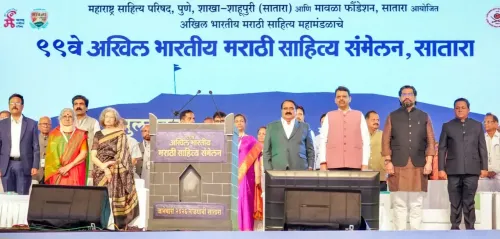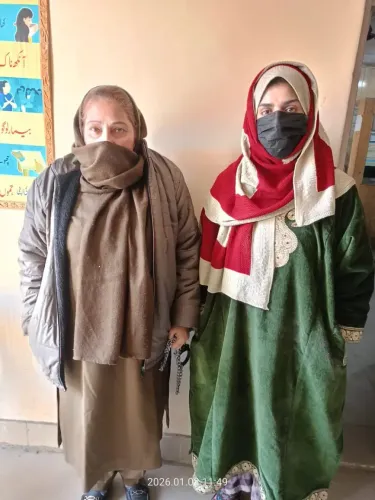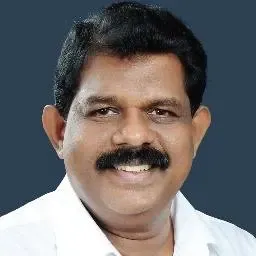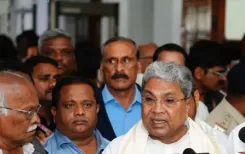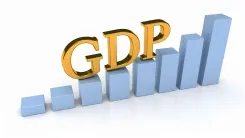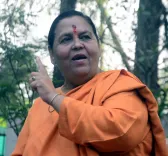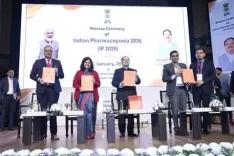Will India and the EU solidify their trade pact?
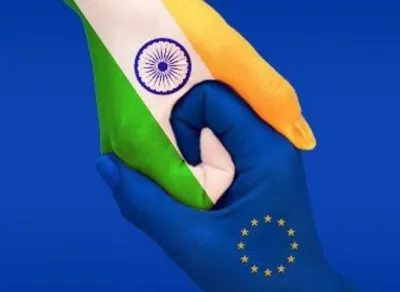
Synopsis
Key Takeaways
- India and the EU engaged in week-long negotiations.
- The talks aimed at a comprehensive and balanced trade agreement.
- Key areas included goods, services, and sustainable development.
- Both sides committed to accelerating the negotiations.
- Importance of clarity in regulatory measures emphasized.
New Delhi, Nov 7 (NationPress) India and the European Union (EU) engaged in a week-long dialogue aimed at establishing a comprehensive and balanced trade agreement, as reported by the Ministry of Commerce and Industry on Friday.
A delegation of negotiators from the EU traveled to India for in-depth discussions regarding the anticipated India–EU Free Trade Agreement (FTA).
"A senior team from the European Union (EU) was in New Delhi from November 3 to 7, 2025, for discussions with Indian officials concerning the proposed India–EU Free Trade Agreement (FTA)," the ministry stated.
The week-long negotiations formed part of ongoing endeavors to propel discussions towards a comprehensive, balanced, and mutually advantageous trade arrangement.
The talks encompassed various chapters, including goods, services, investment, trade, sustainable development, rules of origin, and technical trade barriers, as noted in the statement.
In the course of the negotiations, Commerce Secretary Rajesh Agrawal conducted detailed discussions with Sabine Weyand, the Director General for Trade of the European Commission, to evaluate the progress made across various negotiating tracks.
The two-day evaluation meetings, conducted on November 5–6 in New Delhi, reviewed critical outstanding issues in the India–EU FTA negotiations. Both parties agreed to expedite efforts towards achieving a balanced trade agreement.
The Commerce Secretary reiterated India's determination to secure an outcome that fosters economic growth and development while ensuring an equitable distribution of advantages.
He also stressed the necessity for clarity and predictability regarding the implementation of emerging EU regulatory measures, including the Carbon Border Adjustment Mechanism (CBAM) and the proposed new steel regulation.
Both sides expressed satisfaction with the significant progress made across multiple negotiating areas and committed to maintaining the positive momentum. The discussions successfully narrowed differences, leading to a mutual understanding on several issues.
The importance of ongoing technical-level engagement in the forthcoming weeks was highlighted to address remaining gaps and strive towards the mutual goal of concluding the India–EU FTA negotiations promptly.
These negotiations and evaluations showcased the strong commitment from both sides to enhance the India–EU partnership and finalize an ambitious and future-oriented agreement that promotes resilient, sustainable, and inclusive economic growth.


